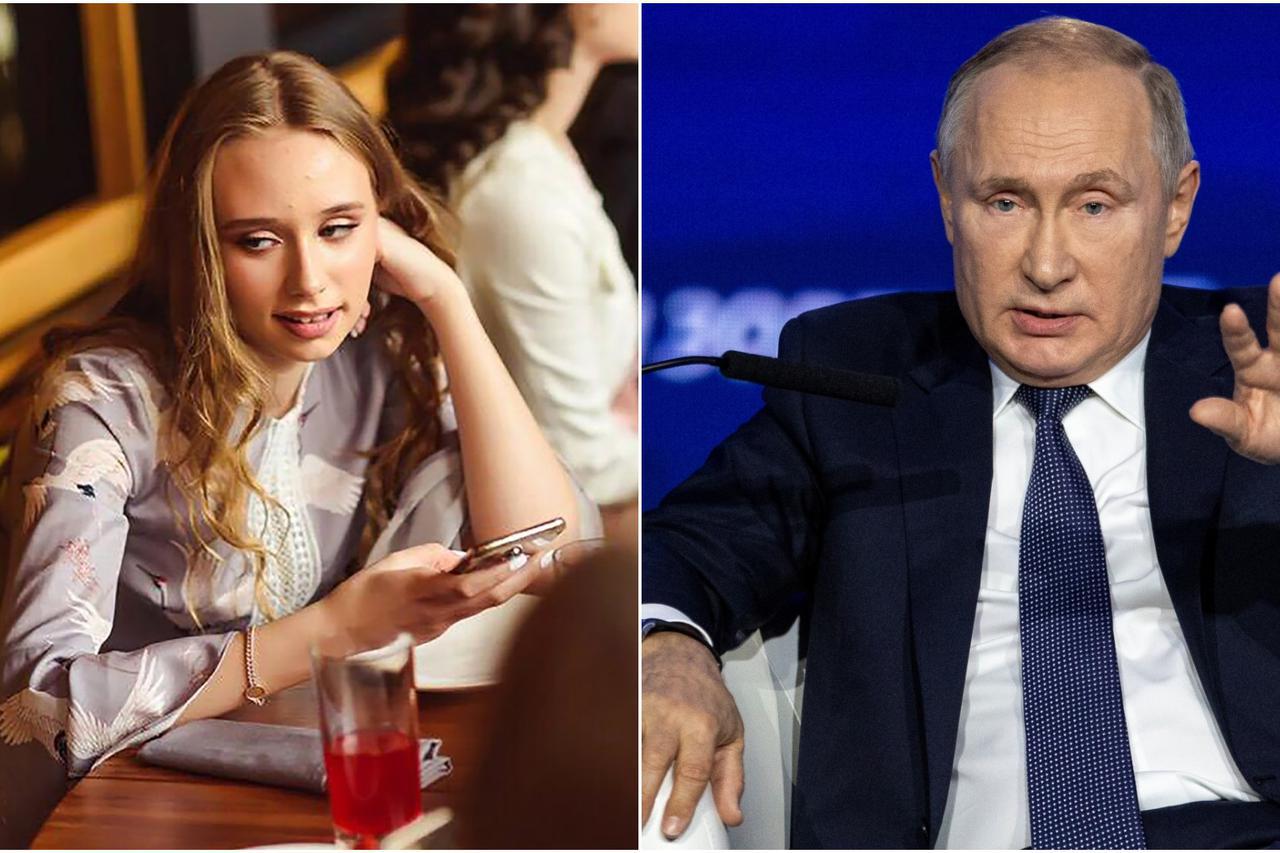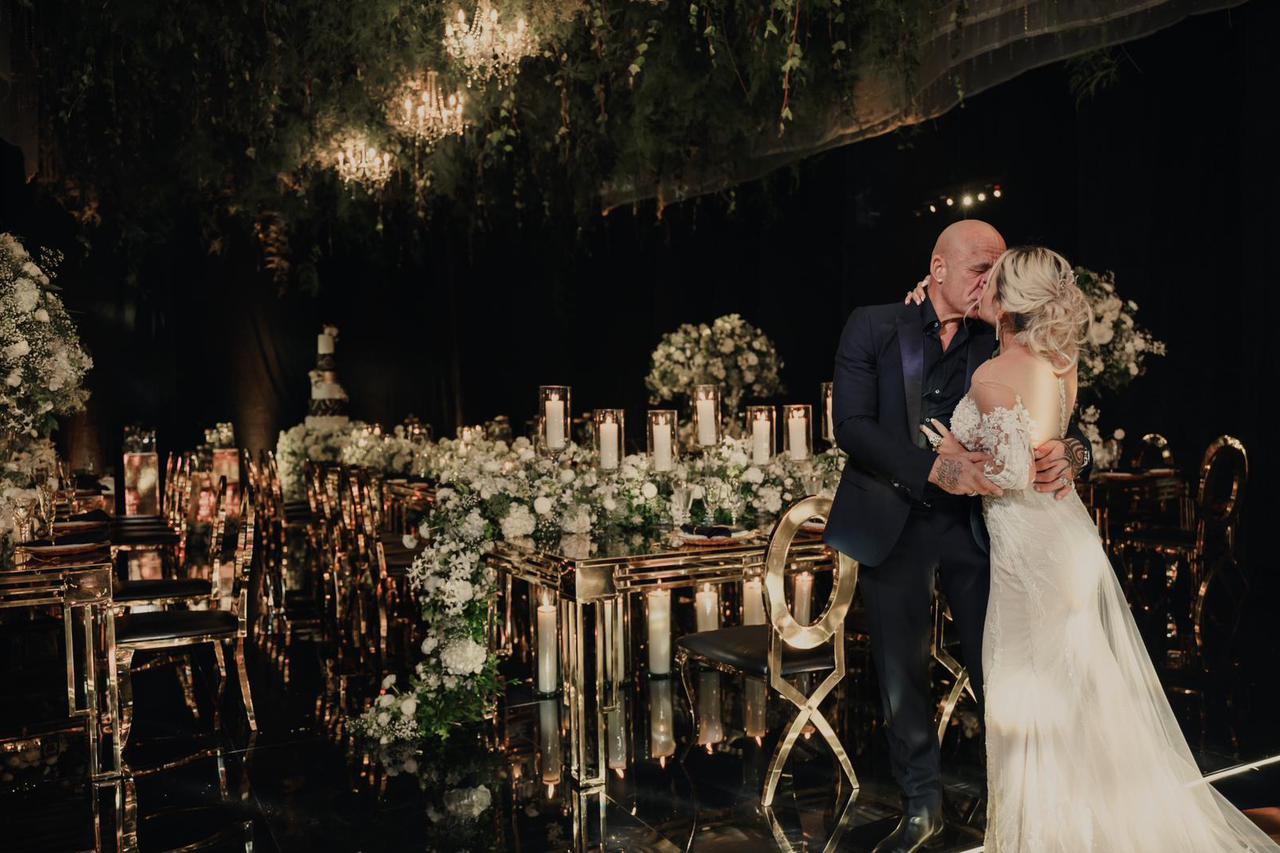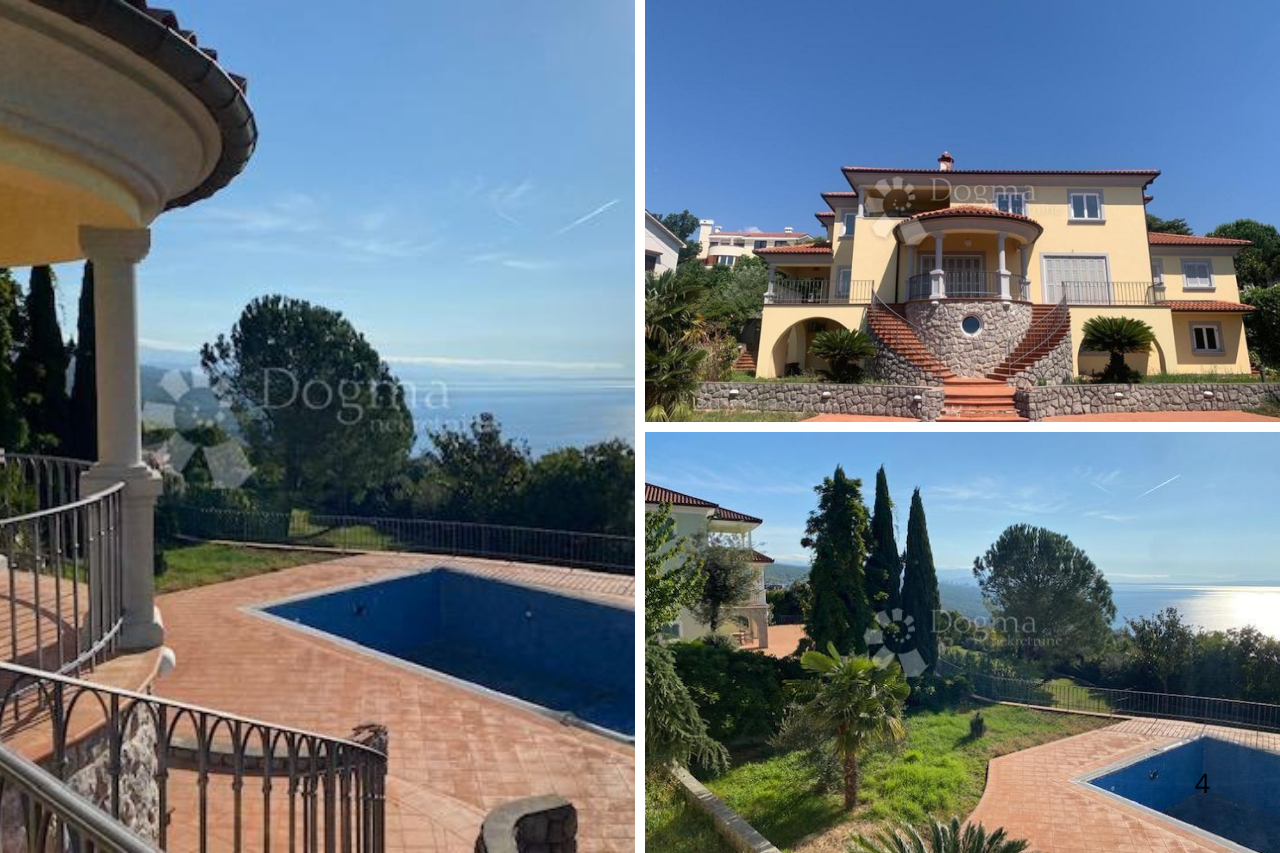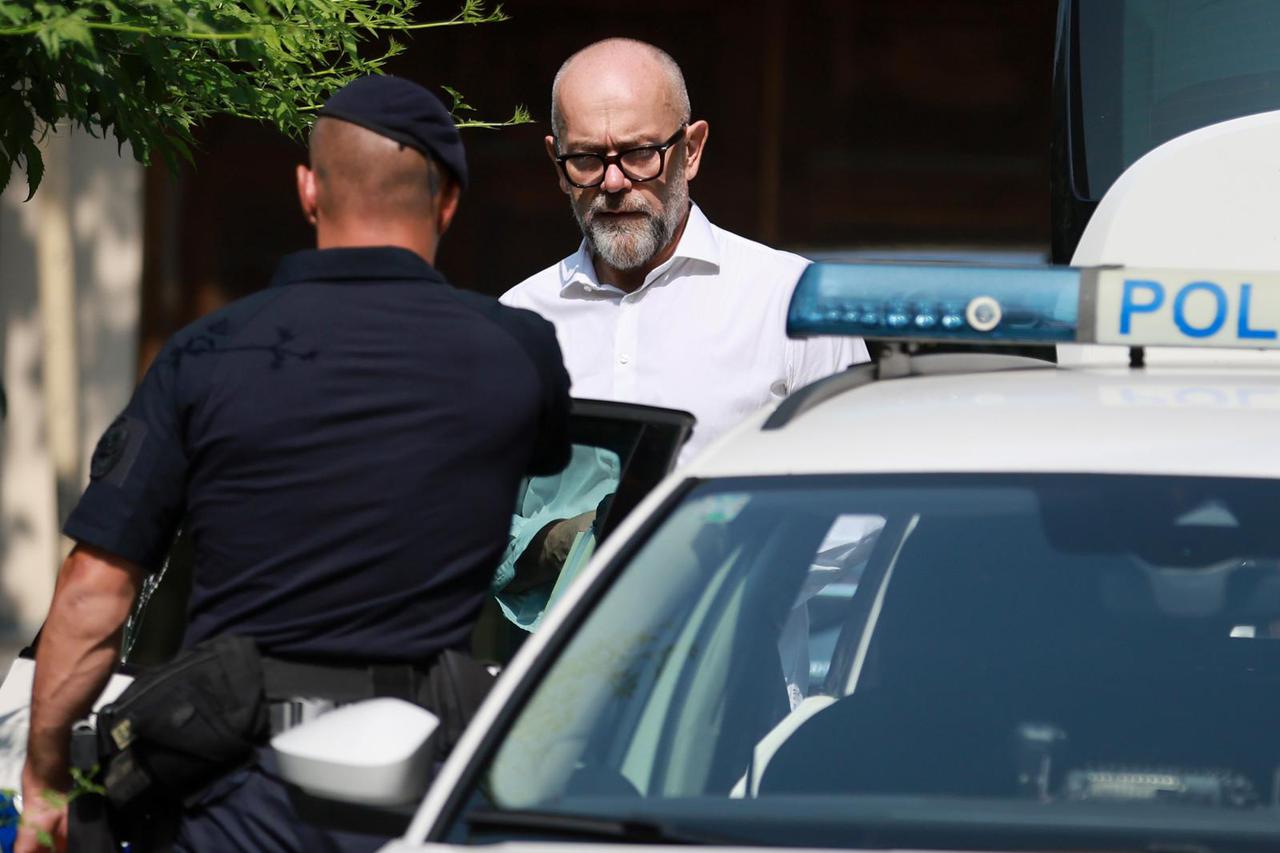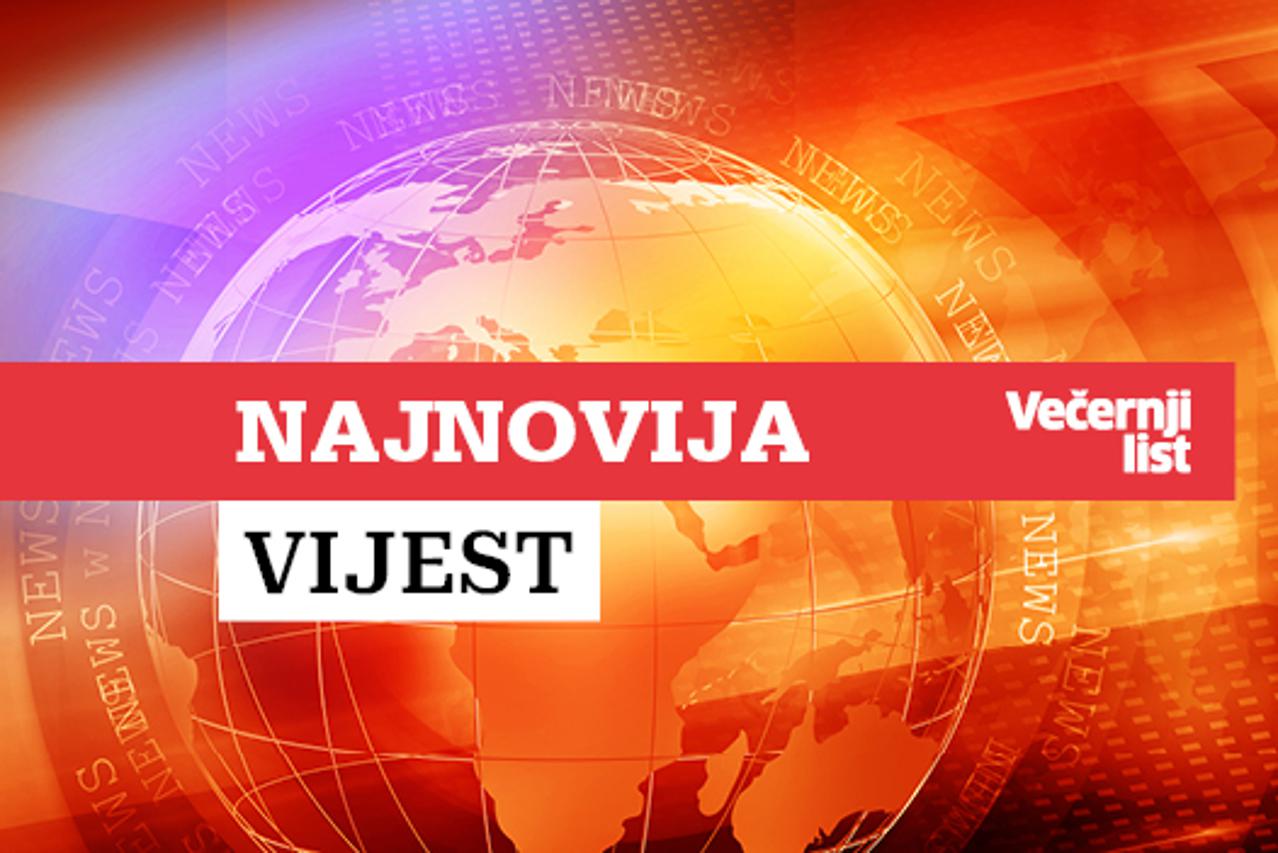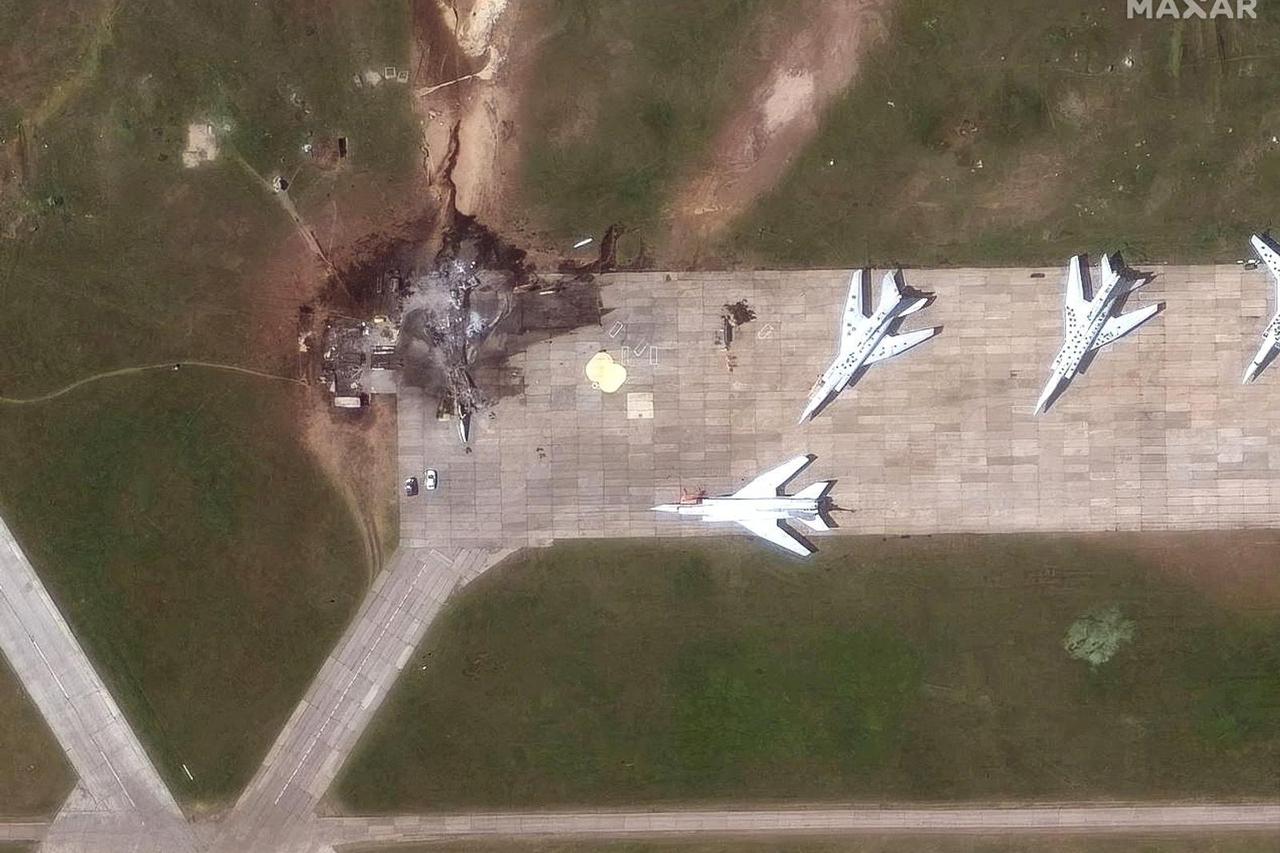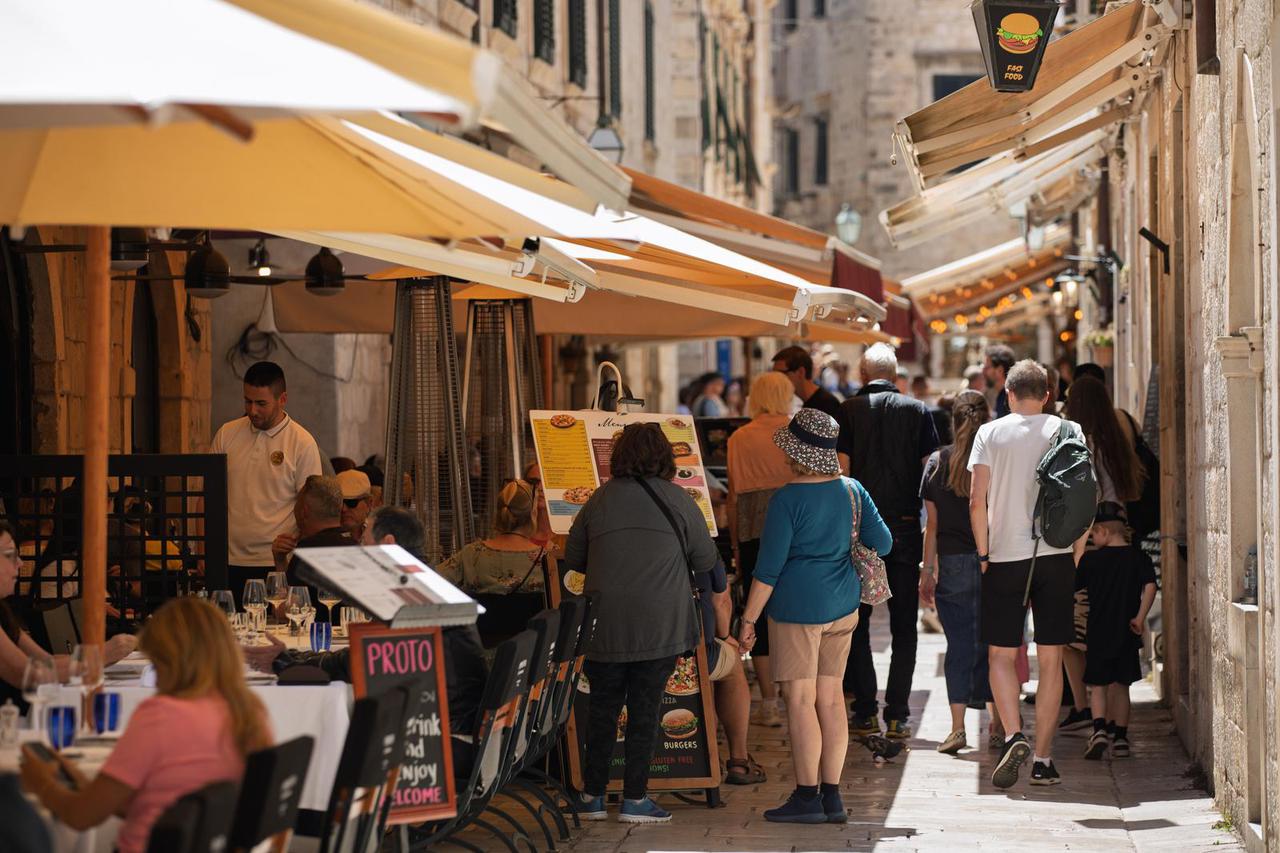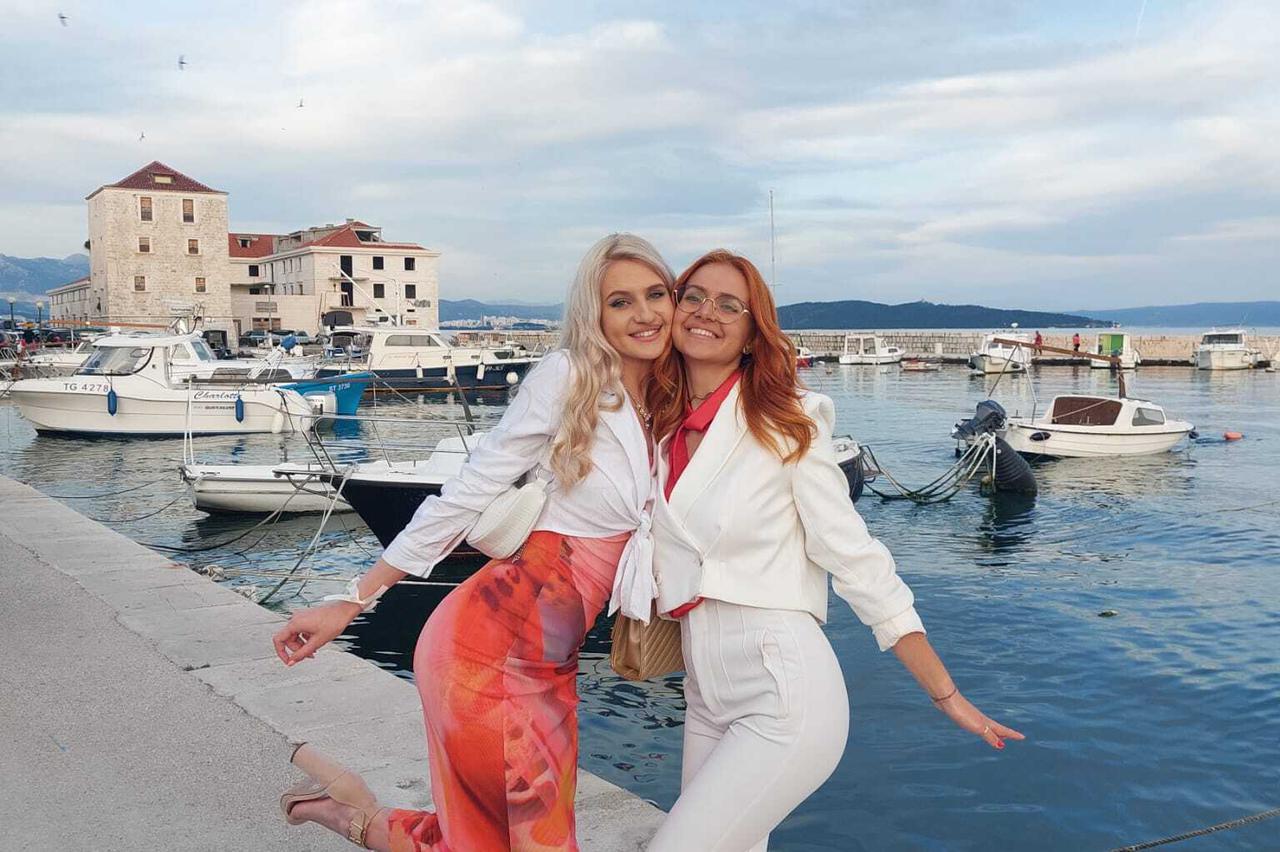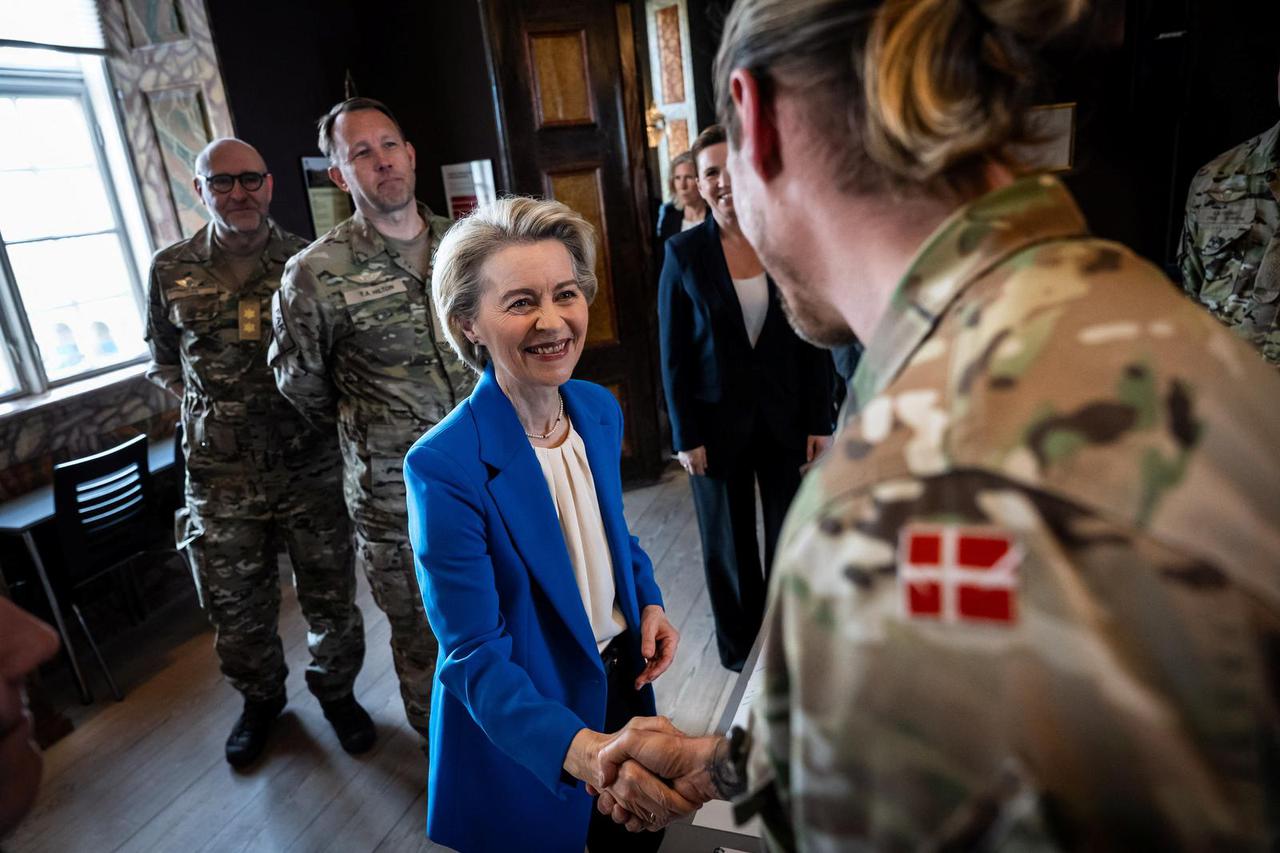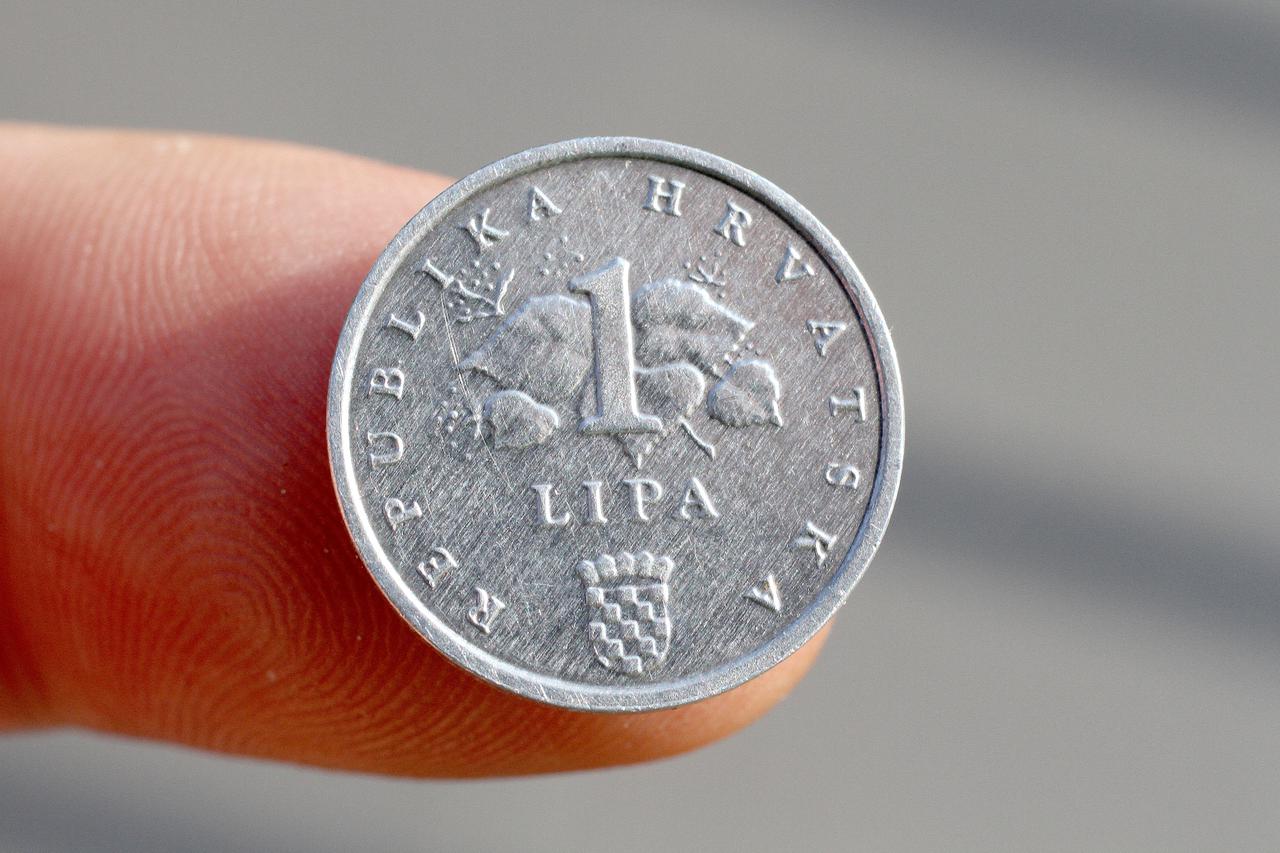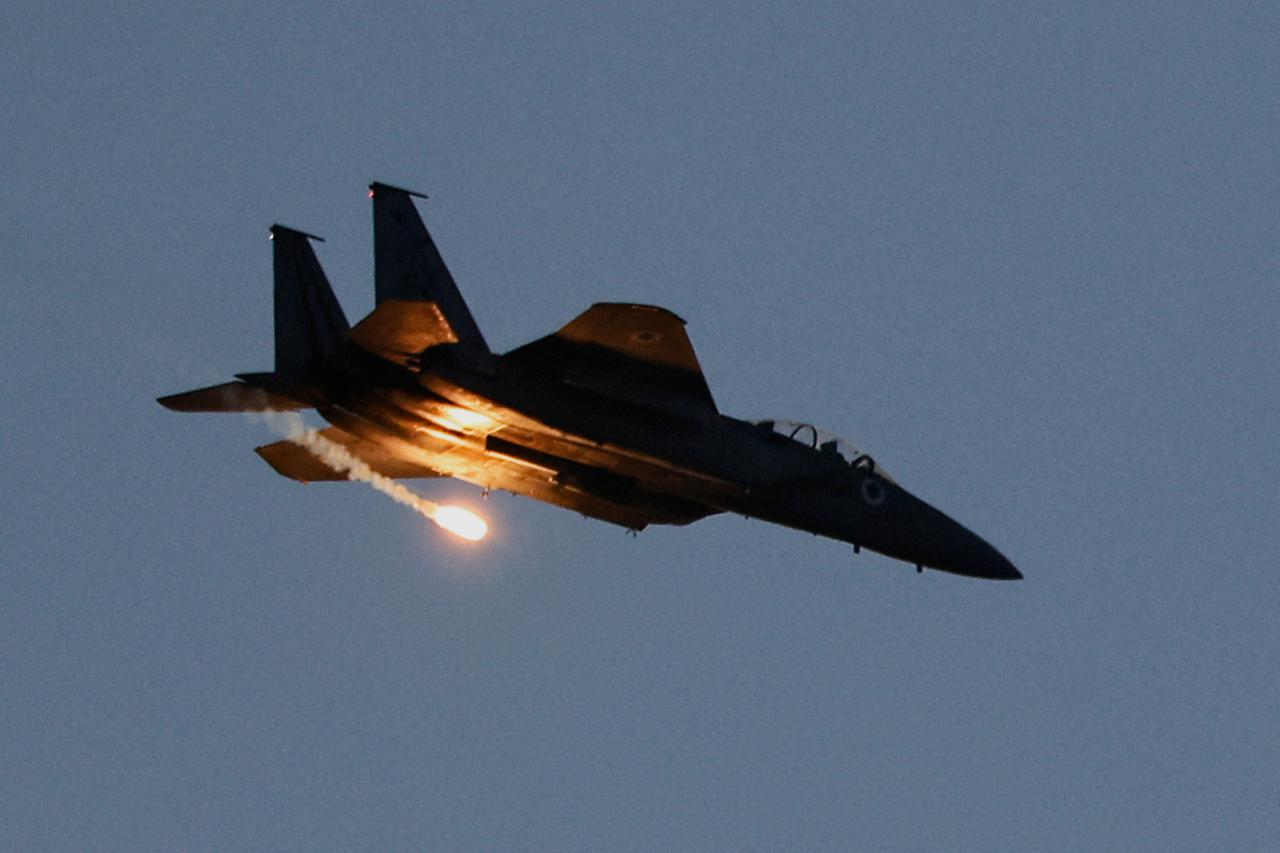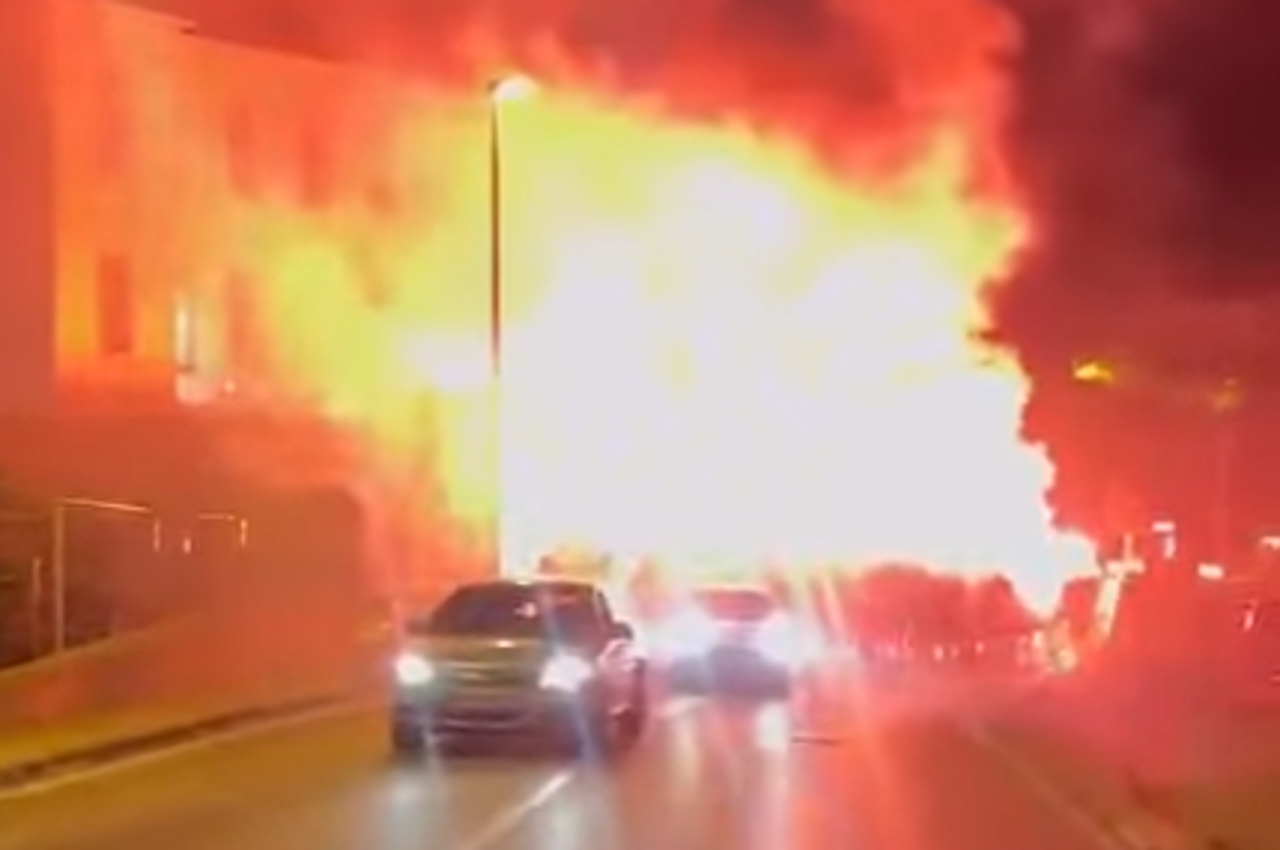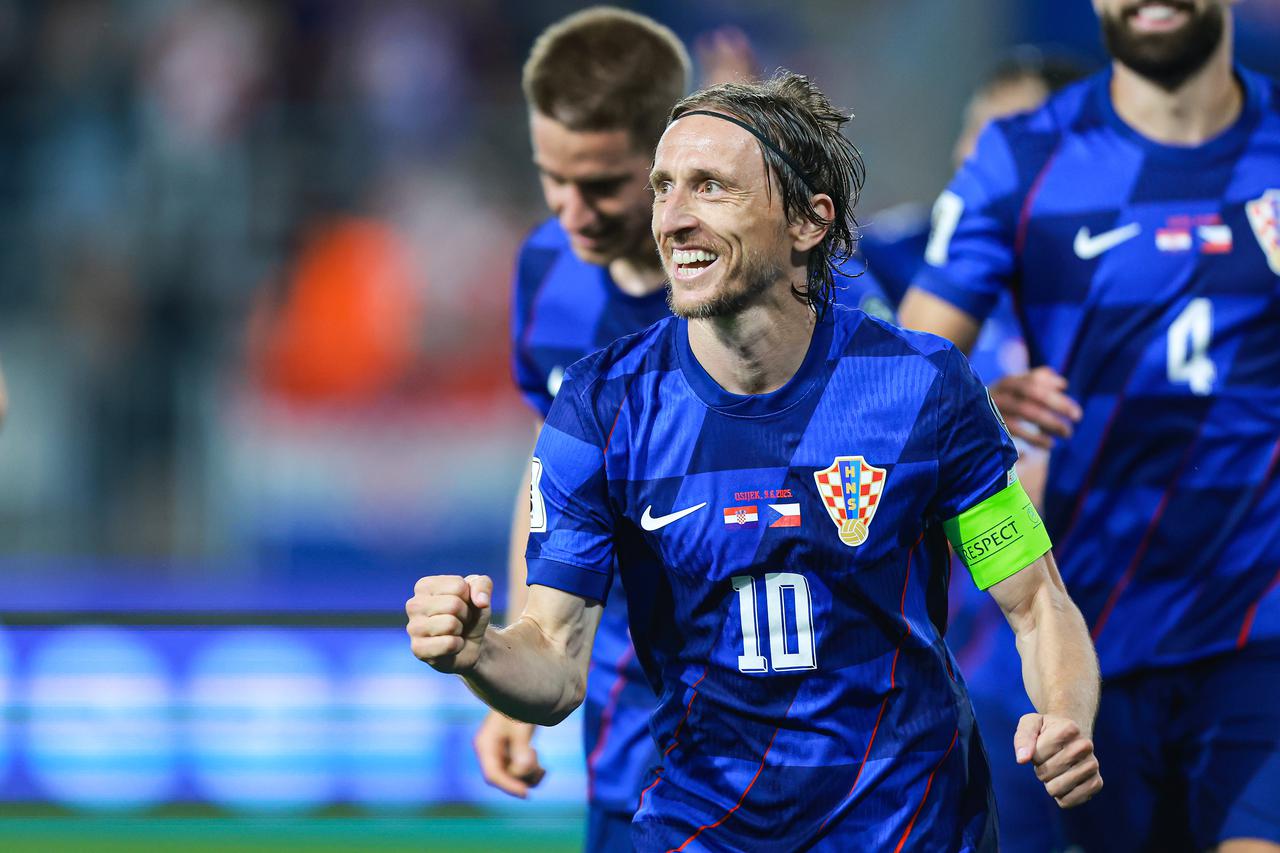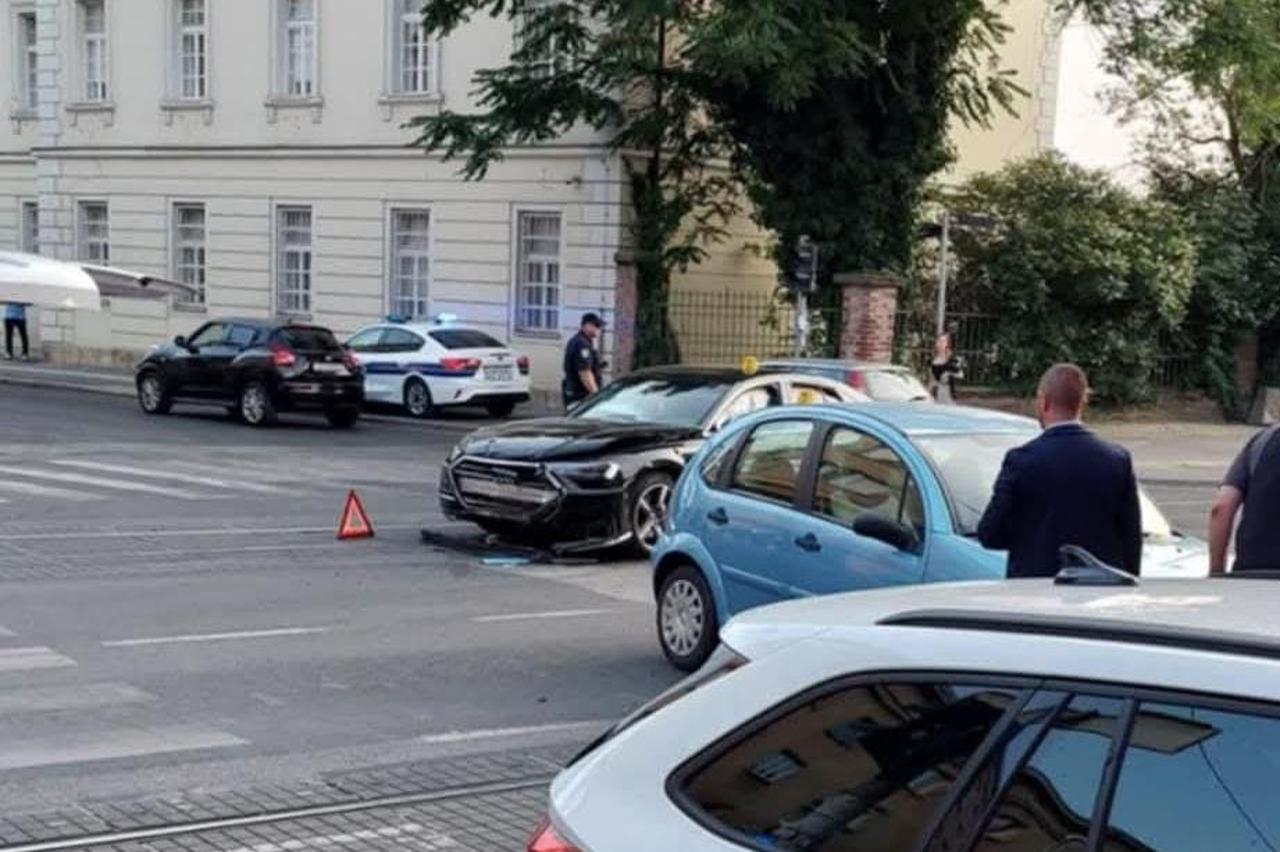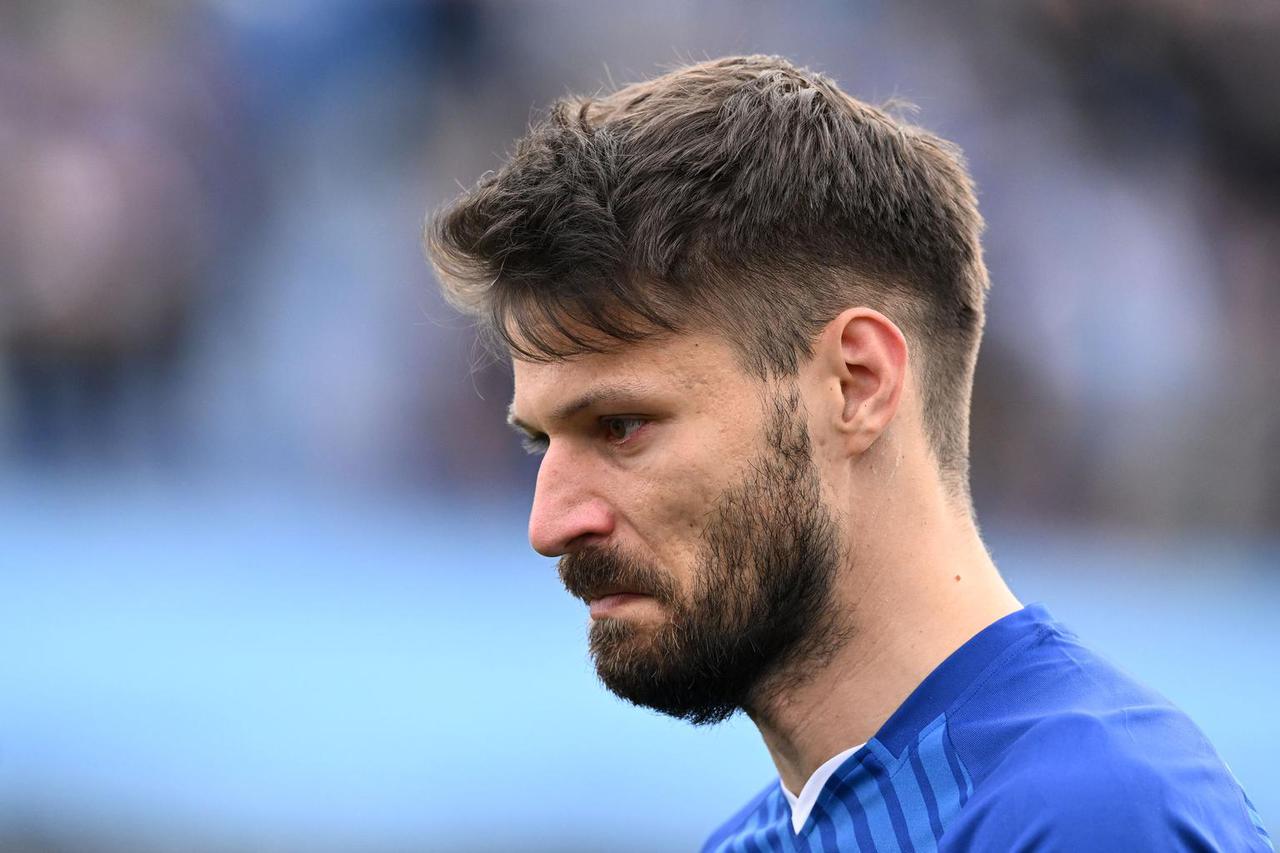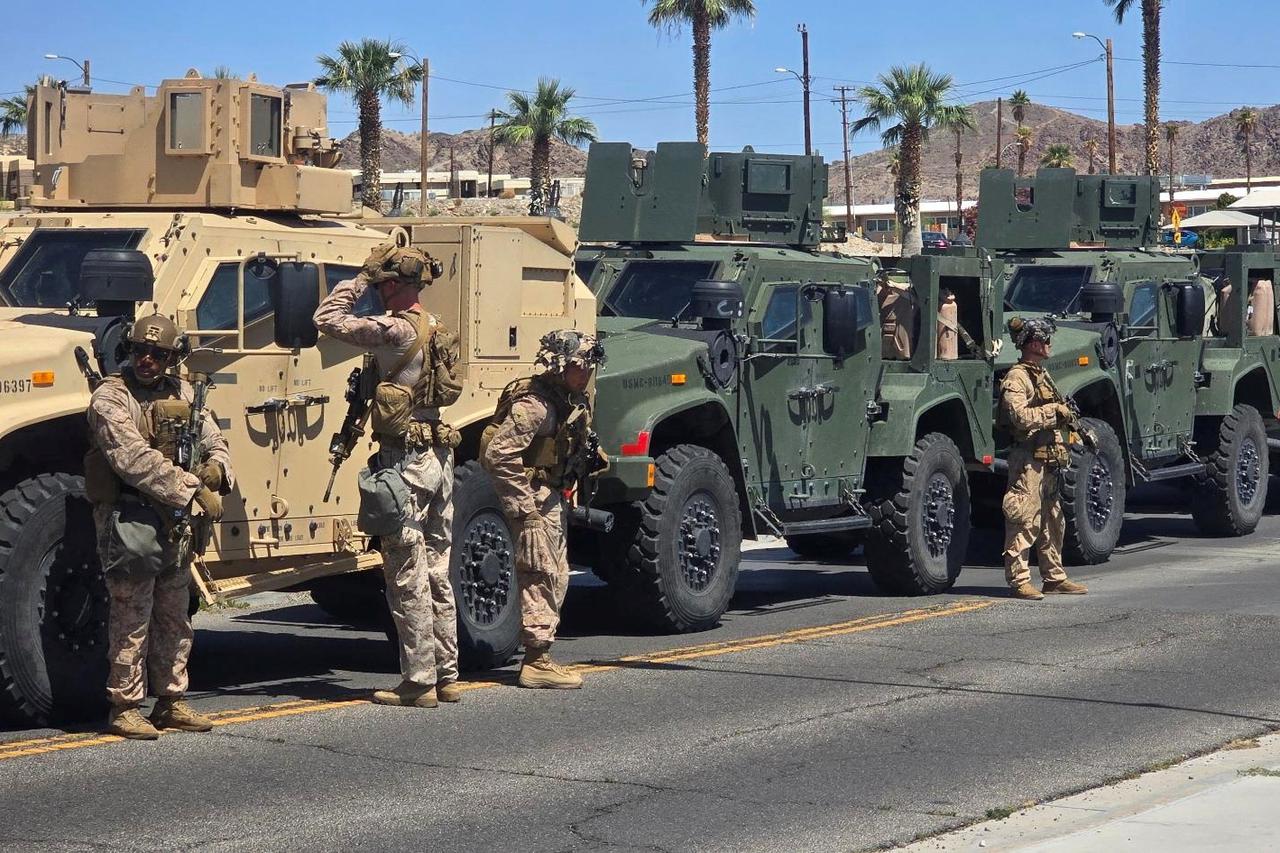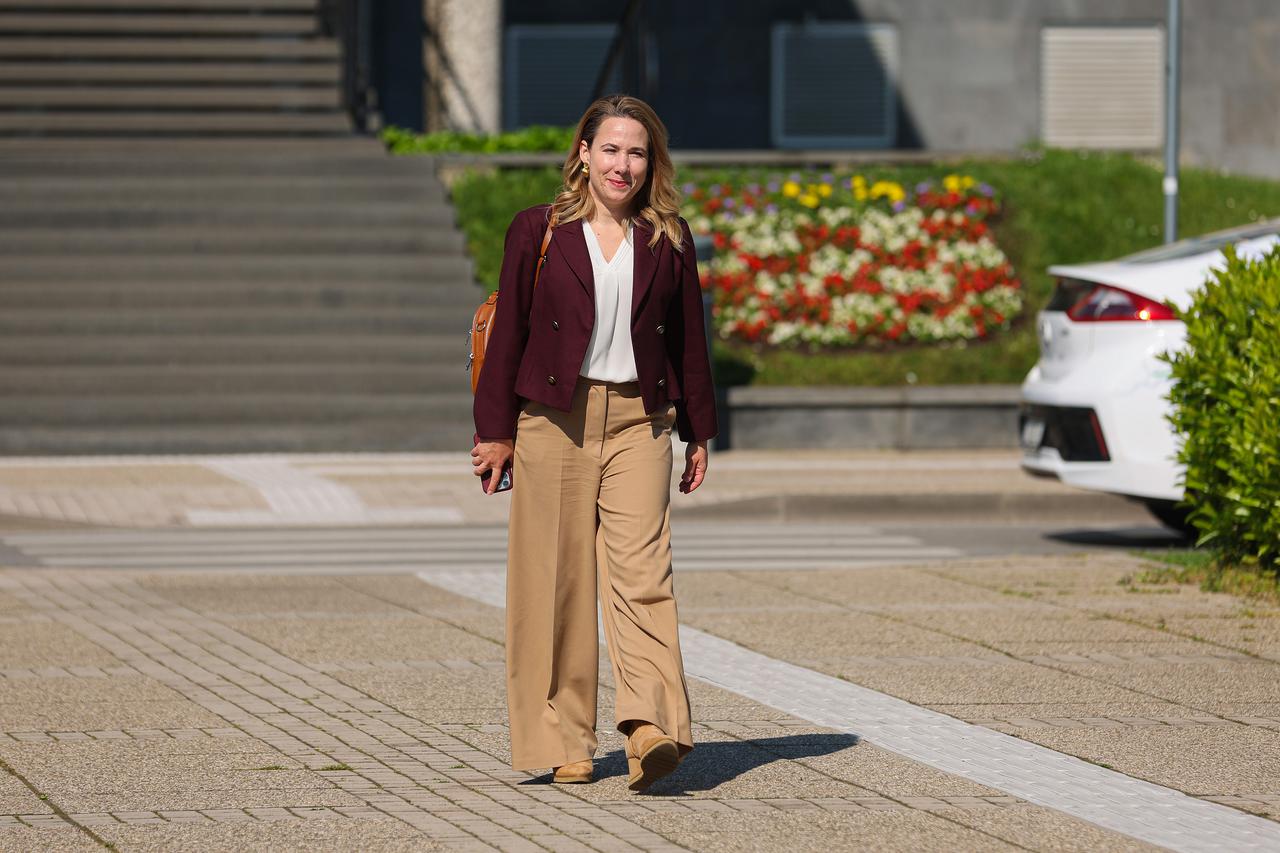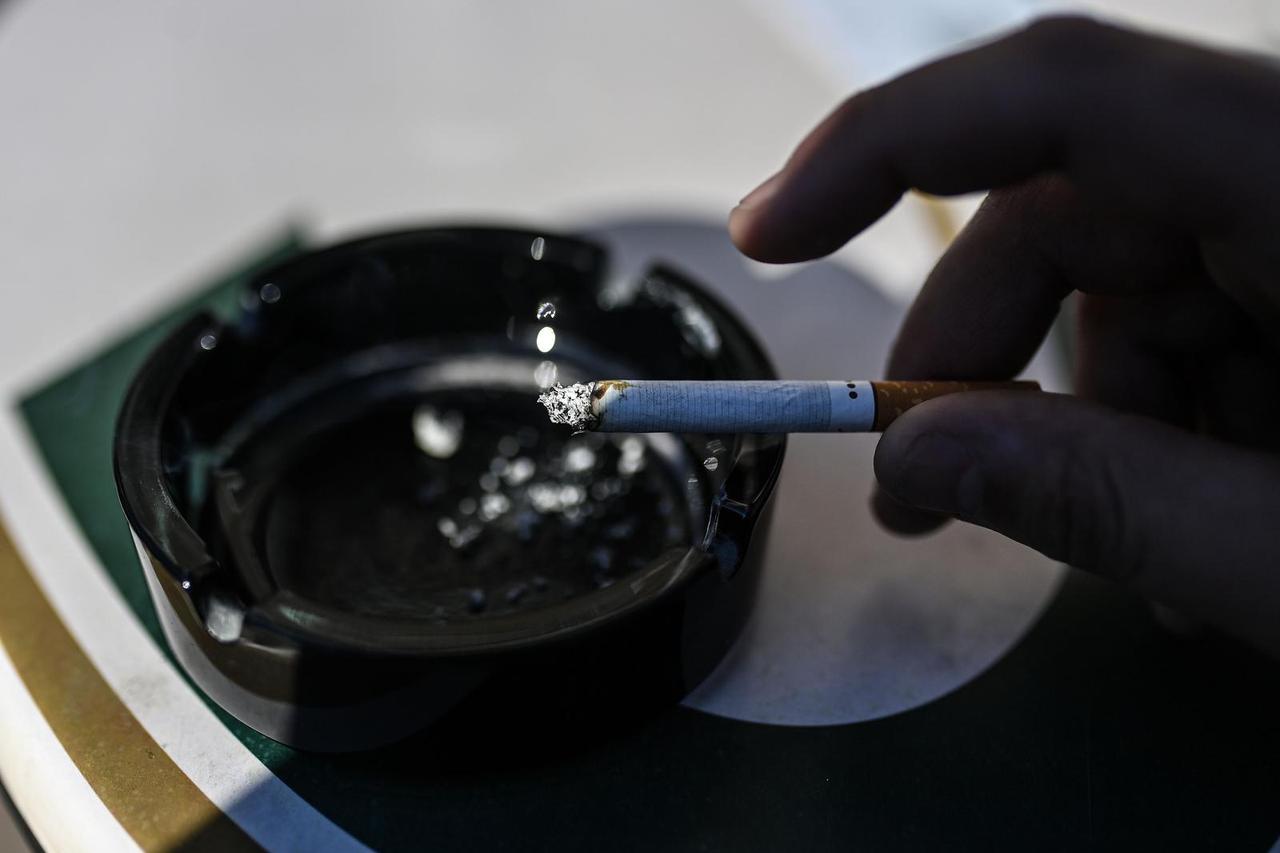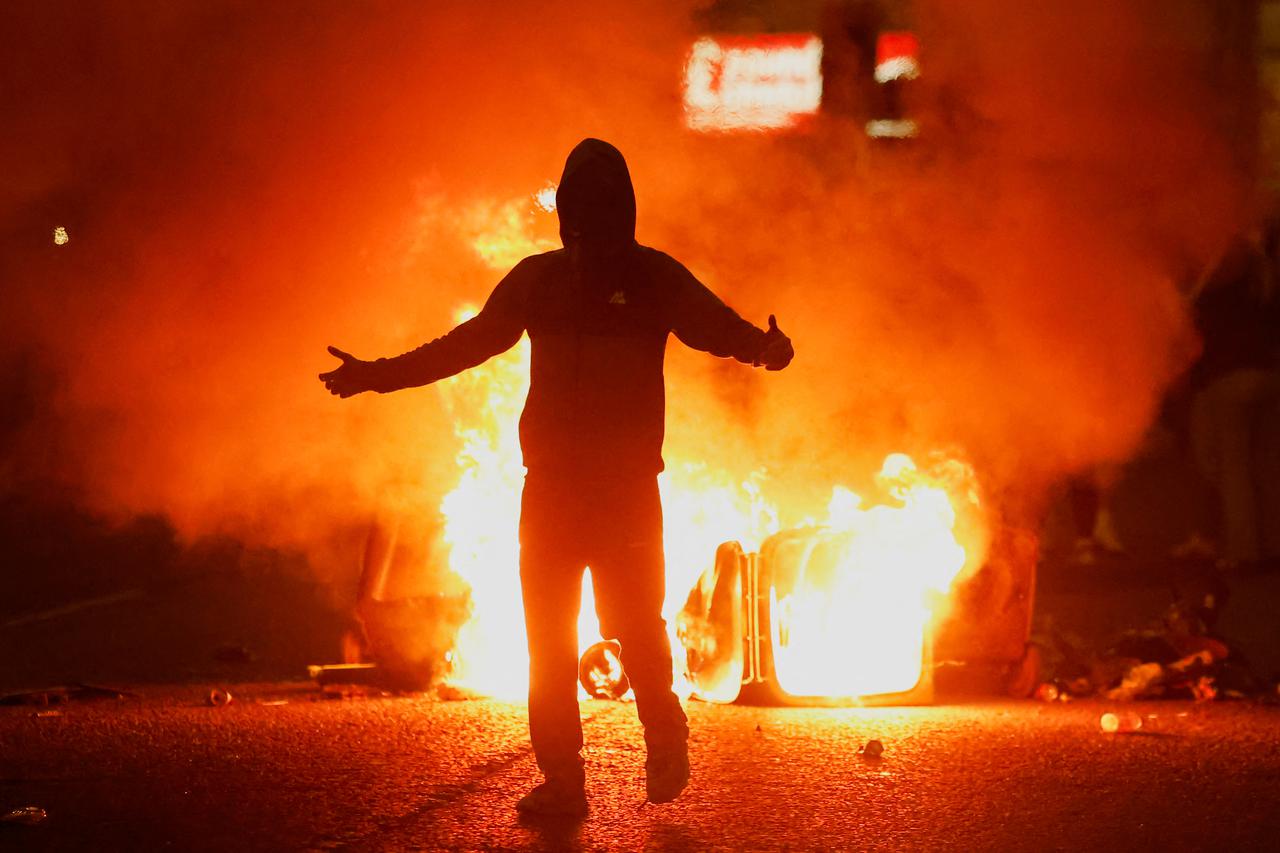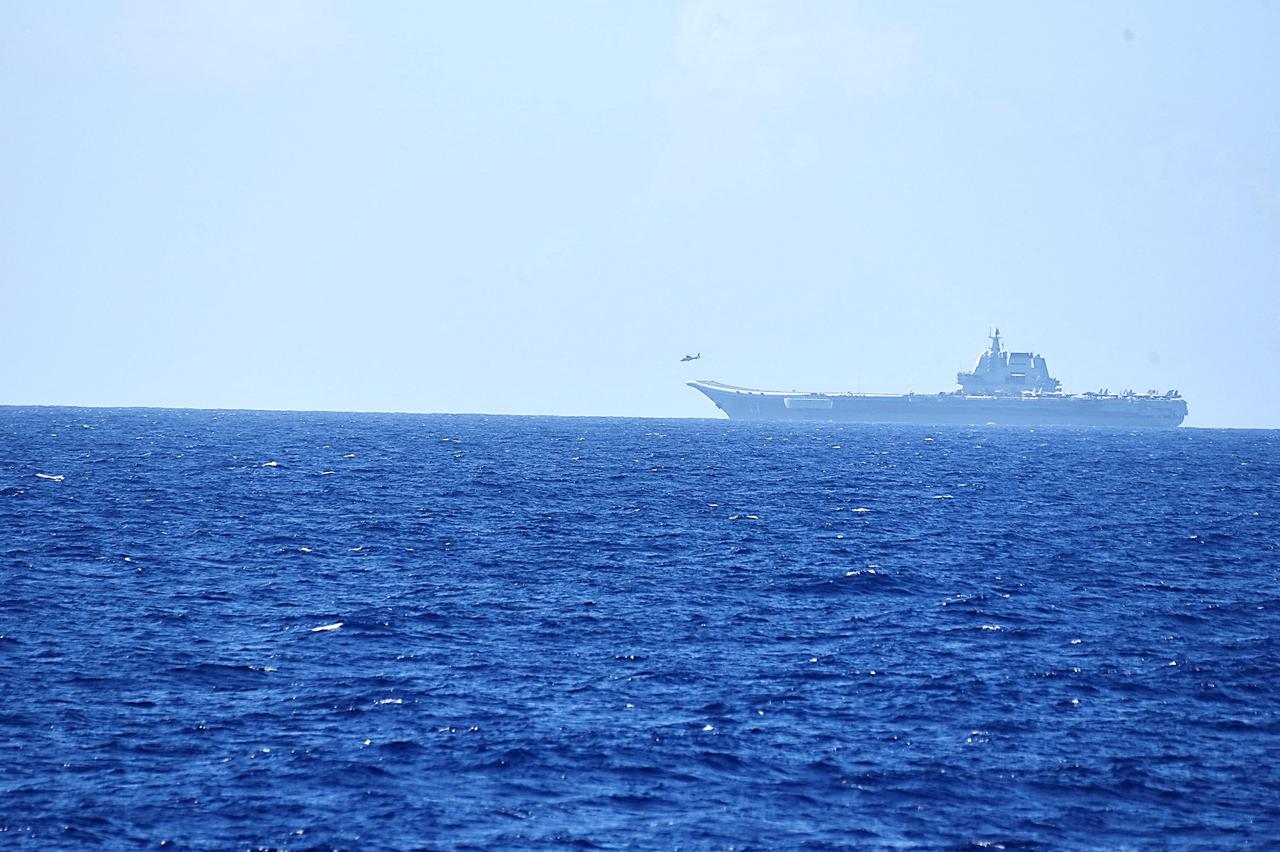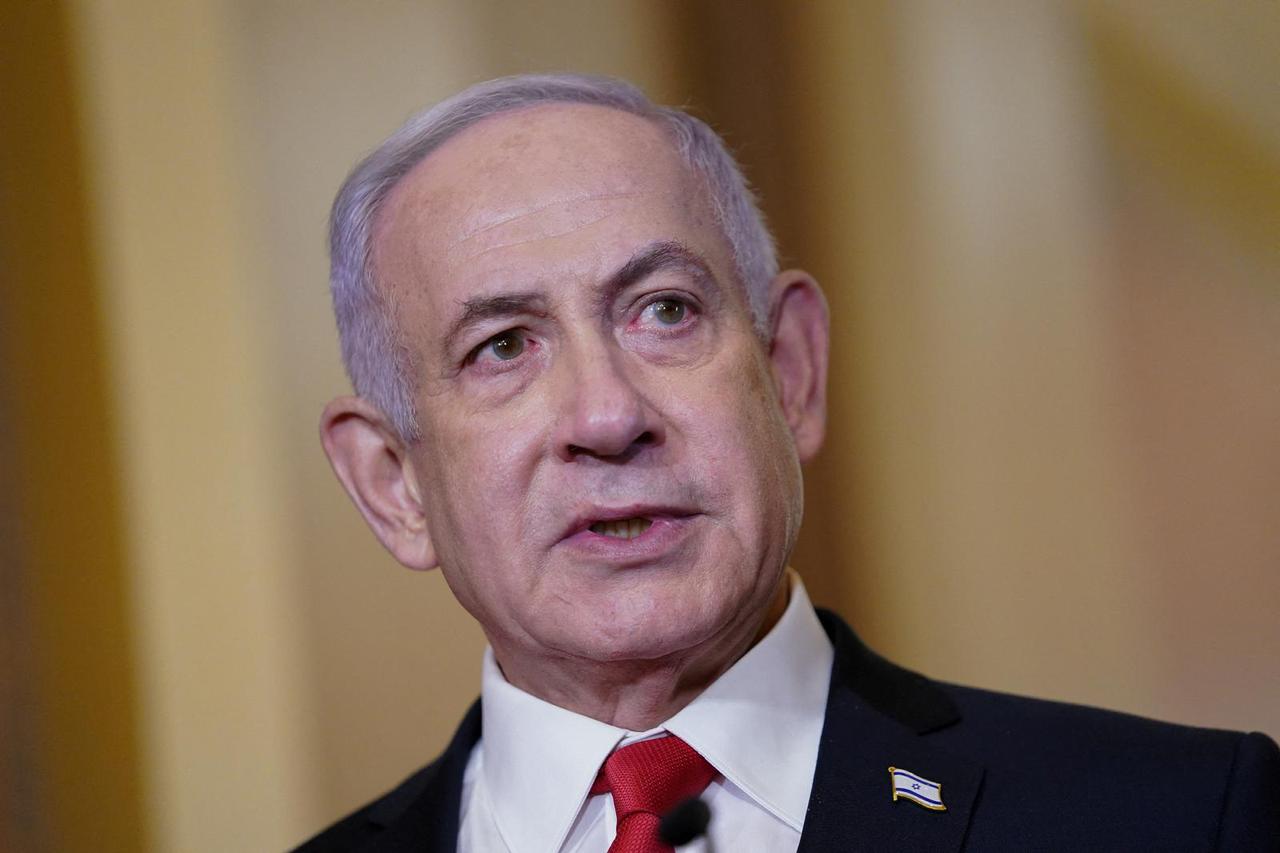The main topic of the article is the alleged daughter of Vladimir Putin, Luiza Rozova, who lives under a false name in Paris and works in a gallery promoting Russian and Ukrainian anti-war art. The investigative portal Proekt revealed the wealth of her mother Svetlana Krivonogih and her connections to Putin, sparking controversy. Some argue it is unfair to judge Rozova for her origin, while others highlight ethical dilemmas due to her work in an anti-war gallery while Russia conducts an aggressive war in Ukraine. Russian artist Nastja Rodionova, who met Rozova, expressed concerns about transparency and safety of artists in such spaces. Rozova has neither confirmed nor denied kinship with Putin, and her resemblance to him has fueled speculation. In the context of the war, there is a risk for artists expressing anti-war views, and Rodionova emphasized the need for caution and transparency in cultural spaces. The organization L, where Rozova works, rejects stigmatization and collective guilt based on individuals’ origins. The topic provokes divided reactions in the Russian diaspora and beyond, focusing on personal views and the safety of artists in exile.
Political Perspectives:
Left: Left-leaning sources emphasize the ethical complexities and human rights aspects, focusing on Rozova’s personal stance and the risks faced by anti-war artists in exile. They highlight the importance of transparency and caution in cultural spaces and criticize the Russian regime’s aggression in Ukraine.
Center: Center-leaning sources present a balanced view, acknowledging the controversy around Rozova’s alleged family ties to Putin while respecting her individual rights and anti-war position. They report on the divided public opinion and the need for careful consideration of personal backgrounds without collective blame.
Right: Right-leaning sources tend to focus on the alleged connections to Putin and the implications of Rozova’s family wealth and ties to the Kremlin. They may question the sincerity of her anti-war stance and emphasize national security concerns, sometimes expressing skepticism about the anti-war narrative.







